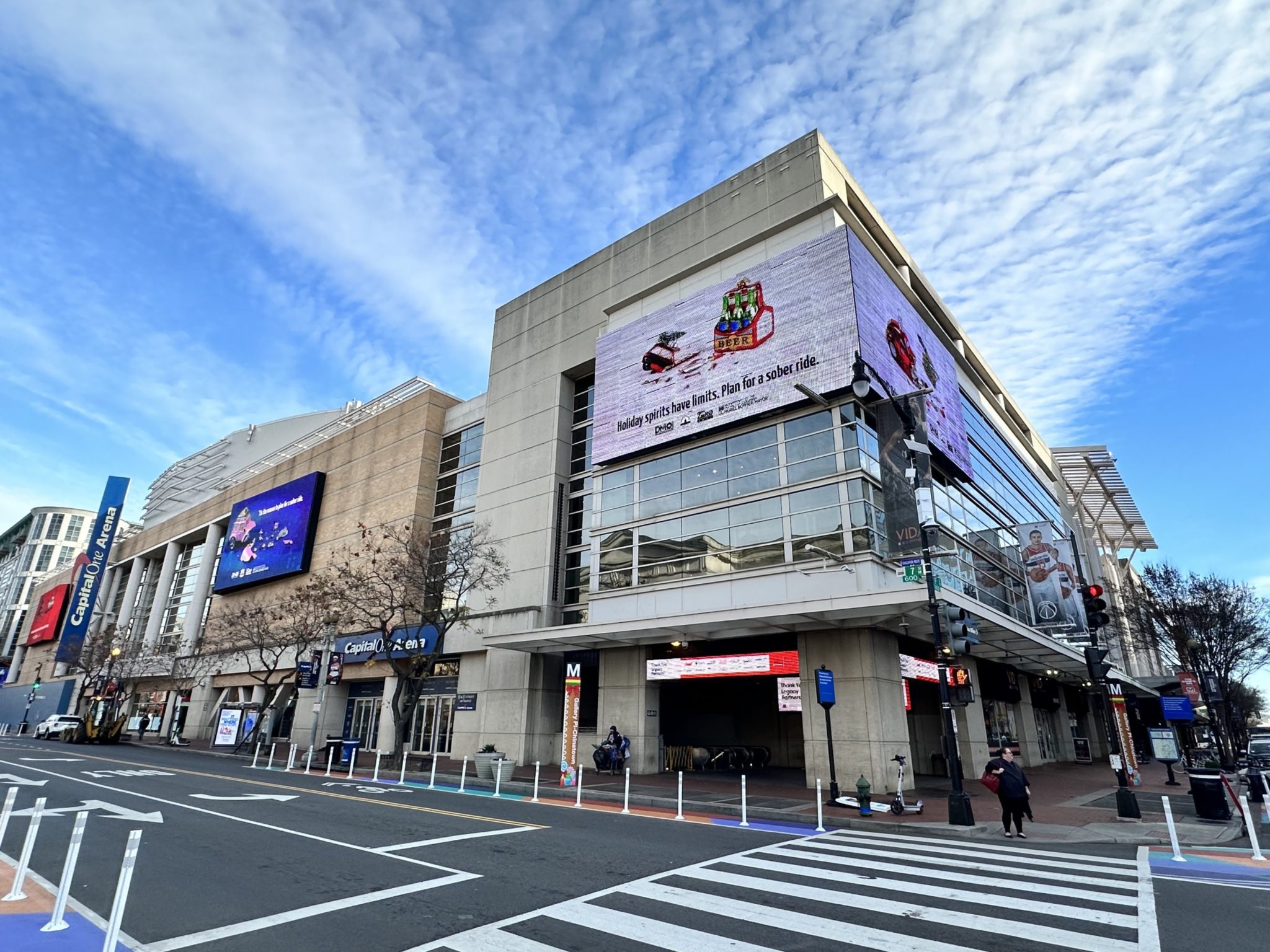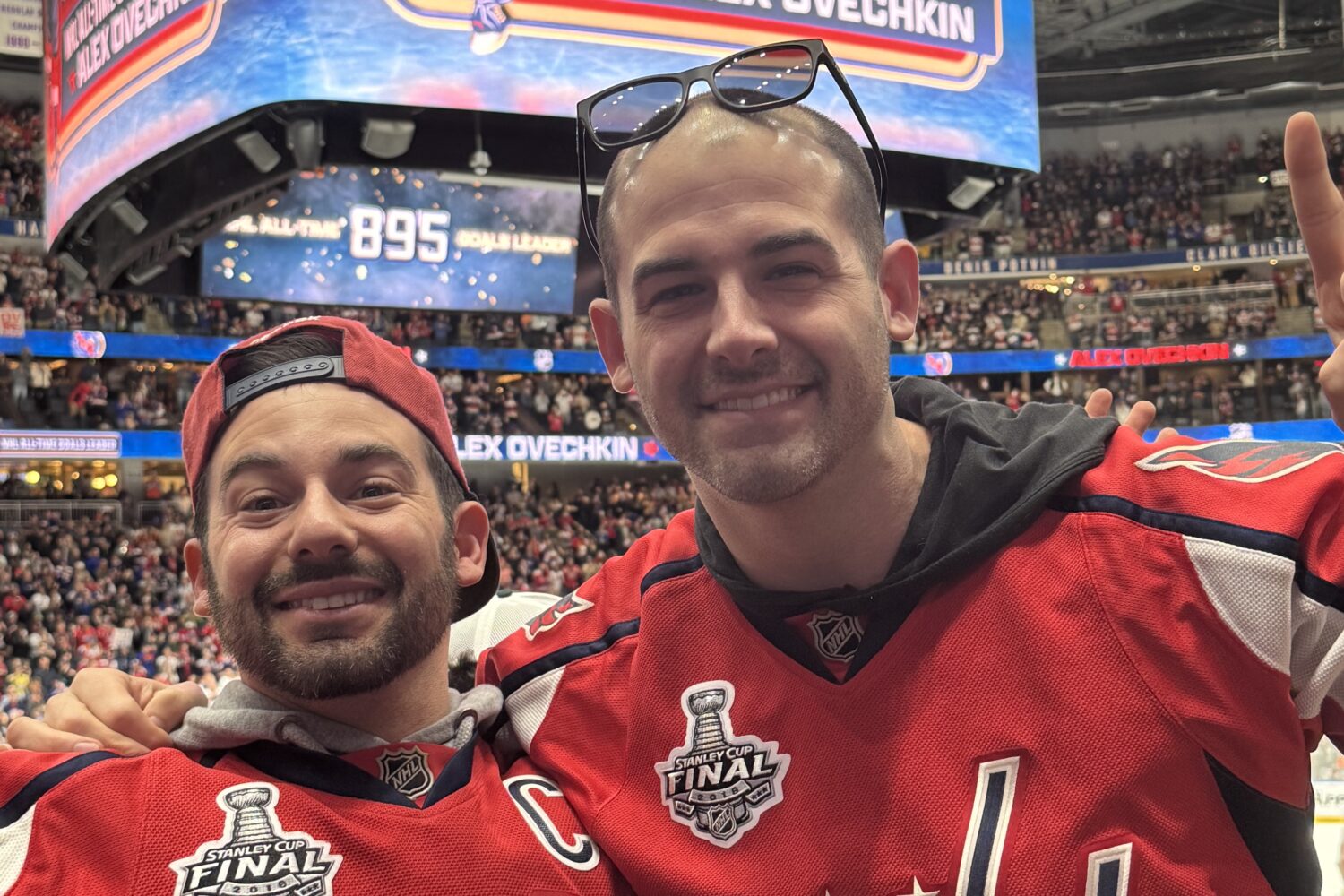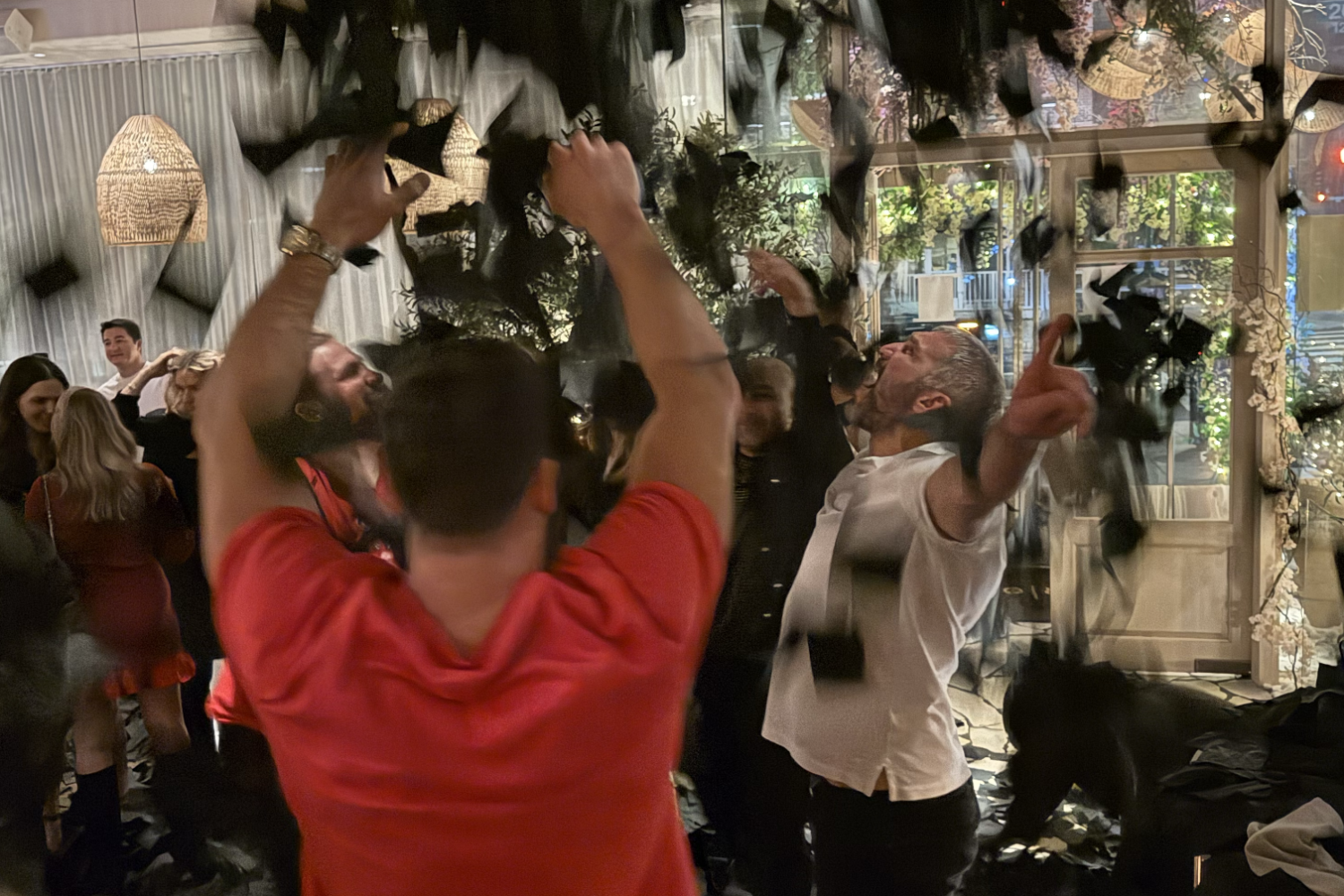Members of DC’s political and business establishments expressed concern Wednesday following the unveiling of a plan to move the city’s NHL and NBA teams to Virginia.
“It will be a huge blow to our downtown recovery,” former DC Mayor Anthony Williams, who now serves as CEO of the Federal City Council, said in a statement.
On Wednesday, Ted Leonsis, the majority owner of the Washington Capitals and Wizards, announced an agreement to relocate the two clubs from downtown’s Capital One Arena, where they’ve played since 1997, to a new facility in Alexandria’s Potomac Yard which would be ready by 2028. Though the deal still requires the approval of Virginia lawmakers, key political figures in the commonwealth—Governor Glenn Youngkin and Senator Mark Warner, among others—appeared alongside Leonsis at an unveiling event.
Eleanor Holmes Norton, DC’s Congressional delegate, says she’s disappointed by the development. “A lot of federal workers are no longer going into the city, and downtown DC has suffered for it,” she says. “Now, if we lose the Wizards and Capitals, that just adds to the problem.”
In a statement, Shawn Townsend, the president and CEO of the Restaurant Association Metropolitan Washington, noted that while the proposed stadium complex would likely serve as a catalyst for dozens of new restaurants in Virginia, its impact on downtown Washington would be harsh.
“The Wizards and the Capitals are central to downtown DC’s economy and have contributed to the success of many downtown businesses, specifically restaurants,” Townsend said. “Although Monumental Sports has stated that Georgetown basketball games, concerts, and other programming would continue at Capital One Arena, the decision to remove two major sports teams from downtown DC would be devastating for the neighborhood’s scores of small businesses, many in long term leases and who are already struggling during a historic year of challenges for restaurants in DC.”
In an interview with the Washington City Paper’s Alex Koma, Jack Evans—the former DC Councilmember who helped bring the teams to the city decades before he resigned amid an ethics scandal—blamed DC Mayor Muriel Bowser for the current predicament. “The city administration is at fault,” Evans told Koma. “If they’d acted back in August, Ted probably would’ve taken that deal.”
In a statement to Washingtonian, however, DC Councilmember Trayon White Sr. referenced Mayor Bowser’s last-minute pitch to prevent the teams from leaving, which, as Axios reported, featured $500 million in funds to improve Capital One Arena. “These are our team[s], and we, the DC Council, are working diligently with Mayor Bowser to keep these teams here,” Councilmember White said in his statement. “They are vital to our Downtown DC.”
Likewise, Gerren Price, the President and CEO of the DowntownDC Business Improvement District, expressed hope that the city could find a way to keep the teams in the city.
“We are encouraged by, and fully support, Mayor Muriel Bowser and D.C. Council Chairman Phil Mendelson, who, with the unanimous support of all councilmembers, have swiftly moved forward with a guaranteed offer to modernize and expand the existing facility,” Price said in a statement. “These investments would help make the arena a global model for urban sports and entertainment venues, create a world-class fan experience, and further enhance the vitality of the entire surrounding community.”
Capital One Arena reportedly hosts 220 events a year that drive between 2 and 2.5 million people to downtown, and the surrounding neighborhood has experienced almost $9.2 billion in redevelopment since 1997.


![Luke 008[2]-1 - Washingtonian](https://www.washingtonian.com/wp-content/uploads/2017/10/Luke-0082-1-e1509126354184.jpg)

















